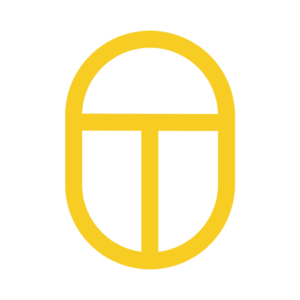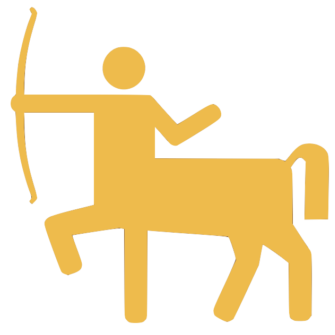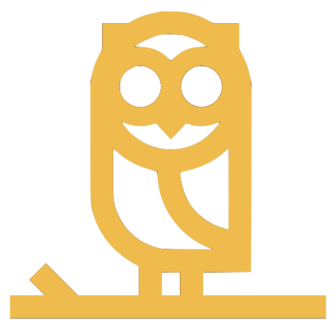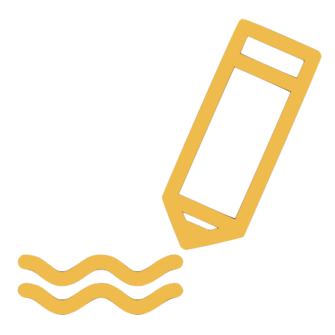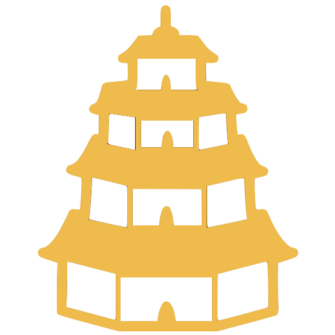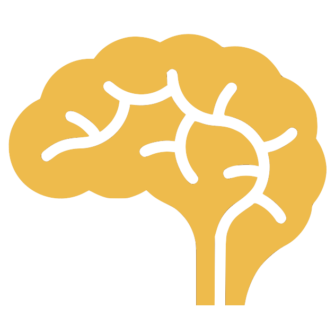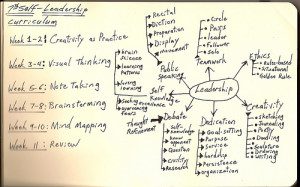I’m on a quest. It all started when I decided to write an outline for a documentary show. While doing some research, one thing lead to another and boom here I am, needing to know a tad bit more than I intentionally started; I just need to know the entire history of mankind that’s all.
I call it a quest because I am hungry for learning, I am broke, I’ve got too many dreams but too little time and kids to raise dammit! Ok the kids part is not true but it’s on my to-do list 🙂 But I AM a busy girl …
I am definitely not alone on this quest. I know there are a lot of other learning-adventurers out there who are a lot less fortunate than me but who can nevertheless reach their goal. The thought of learning without guidance and a very low budget (to some, none) can be overwhelming but if you have a plan and persevere, it doesn’t have to be.
Over the last couple of years of independent studies, I have gathered a few tips on how to best learn on your own.
1. Any attempt or choice you make is the right one. If you are happy with it, great. If not, find another way; at least now you are one step closer to the right learning path. Start somewhere, anywhere, and you will eventually get to your goal. It is the law of serendipity, as professor of Engineering at the Oakland University Dr. Barbara Oakley says each time she reminds her students about a key element to learning. “Lady Luck favours those who try”
 2. Let your interests in particular subjects be known. You would be surprised who around you could recommend amazing learning avenues. When overseas, my roommate had introduced me to MOOCs (Massive Open Online Courses), and I haven’t stopped learning and sharing its greatness with everyone around me!
2. Let your interests in particular subjects be known. You would be surprised who around you could recommend amazing learning avenues. When overseas, my roommate had introduced me to MOOCs (Massive Open Online Courses), and I haven’t stopped learning and sharing its greatness with everyone around me!
3. The Internet is (almost) everything. From Youtube to Wikipedia to MOOCs to Blogs and Websites, you will find the material you are looking for, and if not, a way to it. Beware of the sources though, and that is why MOOCs are my favourite; real professors, real universities, with links and suggestions of proper academic readings.
4. Enroll yourself in a MOOC. It’s free!!! Having assignments to write, quizzes to complete, and deadlines to meet, gives more structure and visible progress to your independent learning. Without it, you will need a lot of discipline, and why not get the help if it’s there.
5. Don’t put all your brains in one classroom (haha you like that one?). Diversify your source of education. Although the method or the teacher could be great, you are getting just one slice of the pie. You need to experience different perspectives on the subject you are learning. A novice knitter might want to watch different Youtube channels, attend a weekend workshop or borrow a library book. A beginner in the Japanese language might learn from a book and have Skype conversations or better yet, travel to Japan.

6. Make a learning plan. Write out your goal and fix a date of when you want it accomplished. I once read: A goal without a plan is just a wish (Antoine de Saint-Exupery). And that sure applies across all aspects of life. Scott Young, an independent learner who has completed a 4 year MIT curriculum in 1 year, also stresses the importance of having a mission. (He’s currently in Korea on a language learning project!)
These are tips on how to go on your own path of independent learning. However that’s half the battle. Understanding and retaining the information is the other and vital half. And that is why I decided to take a course called “Learning How to Learn: Powerful Mental tools to help you master tough subjects” with Coursera.org taught by Dr. Barbara Oakley and Dr. Terrence Sejnowski. I have not only learned great techniques to learn efficiently, but I also learned a new way of living. I strongly recommend this course to everyone and anyone! Learning is something we do in our everyday-life, academic or not.
Feature Photo By nerissa’s ring via http://imagefinder.co/
Photo By Carsten Tolkmit and anselm23 via http://imagefinder.co/
